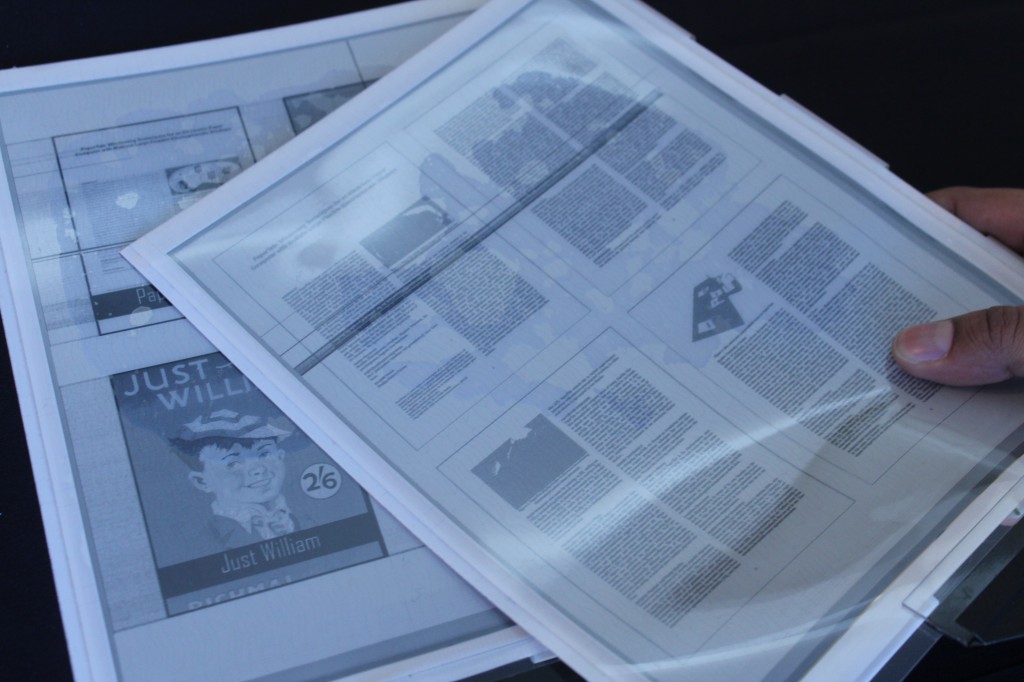
Plastic Logic is intent on leveraging their screen technology to the wearable sector. In order to facilitate this move they have engaged in a new partnership with Solvay Specialty Polymers, a recognised leader in polymeric materials development for the electronics sector. The two companies will combine their labs to deliver low power flexible electronics suitable for today’s ever-changing world of ubiquitous sensors, mobile displays, and wearable devices.
The companies have committed to a joint development program that will initially demonstrate and then industrialise low power variants of such devices within two years. The technology will enable product designers to develop stylish, more ergonomically-friendly devices in several emerging industrial segments, including flexible AMOLED and other displays for mobile and Wearables and the Internet of Things,- markets which are forecast to be worth $12Bn by 2020 (IHS 2013 report) and $1.9 trillion across all sectors in 2020 respectively.
Plastic Logic has not seen much commercial success in their entire line of products. Instead, they tend to act as a white label solution for companies wanting to use low-powered flexible display screens for their phones, e-readers and tablets. In recent times they started making secondary screens, built into smartphone cases with a faux e Ink screen.
Michael Kozlowski is the editor-in-chief at Good e-Reader and has written about audiobooks and e-readers for the past fifteen years. Newspapers and websites such as the CBC, CNET, Engadget, Huffington Post and the New York Times have picked up his articles. He Lives in Vancouver, British Columbia, Canada.
